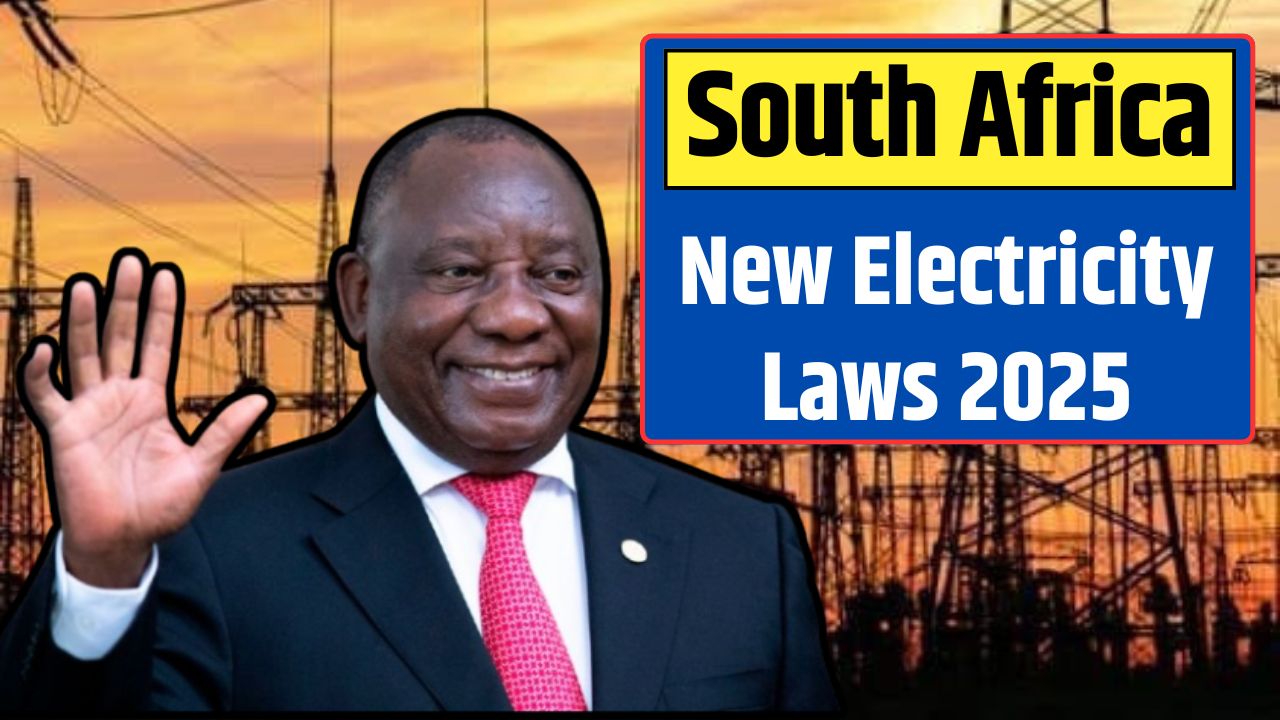South Africa is gearing up for a major transformation in its energy sector, with newly introduced electricity laws scheduled to come into effect in January 2025. By addressing long-standing energy supply issues, these laws further the interests of sustainable practices while creating a more robust and inclusive energy framework. Read further to know all about these transformative regulations and how they intend to redefine the energy future of South Africa.
Highlights of the New Electricity Laws
- Decentralized Energy Production
The new laws promote decentralized energy production, enhancing the role of independent power producers (IPPs) in relieving Eskom from its longstanding responsibility for much-needed production capacity and maintenance. South Africa’s national power utility has suffered reduced capacity and maintenance over the years.
- Promotes Renewable Energy
It essentially emphasizes renewable energy sources like solar, wind, and hydropower. The businesses and households investing in these renewable energy systems will be provided incentives like tax holidays, subsidies, etc.
- Openness or Open Access to the Grid
Independent energy producers will now have open access to the national grid to ensure fair competition and broaden energy consumer choices.
- Consumer Empowerment
Households and businesses will be allowed to generate their own electricity and sell excess power back to the grid. This type of metering is expected to bring costs down and create more sustainable practices.
- Enhanced Regulatory Oversight
A newly established Electricity Regulatory Authority will be responsible for the implementation of these laws and the enforcement and compliance thereof. The Authority will also adjudicate, addressing complaints, and ensure fairness among all stakeholders.
Effect of new policies on South Africa’s Energy Landscape
New laws are likely to:
- Reduce Load Shedding: Extending energy sources and encouraging private participation will probably reduce the intensity and frequency of load shedding.
- Enhance Economic Growth: These reforms in the energy sector are expected to bring investments from within and beyond borders, create jobs and create an environment conducive to economic growth.
- Increased Sustainability: South Africa’s transition to renewable energy will result in helping meet its climate target and reducing greenhouse gas emissions.
It will also enable improved access to energy: Decentralised production and competition will presumably lower electricity prices and increase access, particularly to rural areas.
Challenges and Concerns
However, ambitious as they might be, the new pieces of legislation may encounter implementation challenges such as the following:
- Infrastructure constraints for integrating renewable energy to a connected grid.
- Resistance from established stakeholders in the energy sector.
- Making it affordable and equitably accessible to all citizens.
What’s Next?
With the January 2025 deadline drawing near, stakeholders across the energy sector are gearing up for the transition. Policymakers, businesses, and consumers should prepare for the new regulations and opportunities and challenges on the road ahead.


